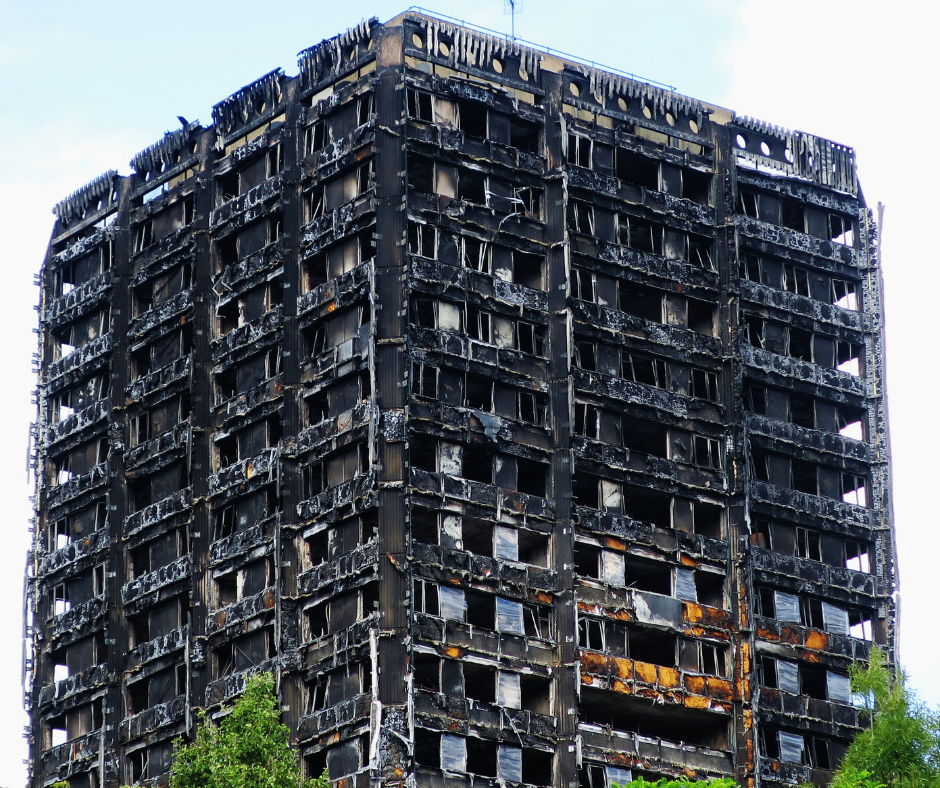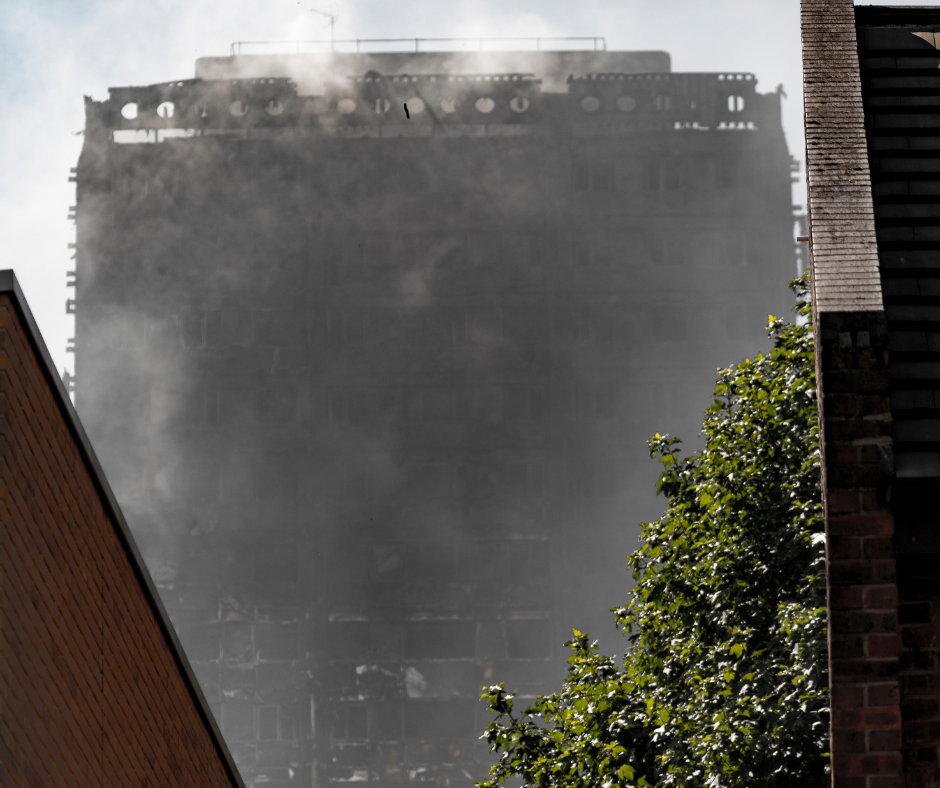Minister announces reform of construction products regulatory regime
 In a statement to Parliament, Rushanara Ali, Parliamentary Under-Secretary for Housing, Communities and Local Government, has announced a reform of the construction products regulatory regime, and an extension of the CE quality marking recognition.
In a statement to Parliament, Rushanara Ali, Parliamentary Under-Secretary for Housing, Communities and Local Government, has announced a reform of the construction products regulatory regime, and an extension of the CE quality marking recognition.
Existing construction products regulations set out rules for placing construction products on the market, providing a common technical language to assess the performance of products. Products within scope of these regulations must undergo an assessment of conformity with the relevant standard or technical assessment. Such products must also be affixed with a UKCA (UK Conformity Assessed) or a CE (Conformité Européenne) mark. Current government guidance sets out that recognition of CE marking will end in June 2025.
In her statement Ali announced that the government will extend the period of recognition of CE marking for construction products. The CE mark will continue to be available when placing construction products on the market across the UK.
Learn more about the regulations on the BMN website.
Grenfell Tower Inquiry Phase 2 report: Incompetence and dishonesty at heart of failures leading up to fire
 A poor and sometimes cavalier attitude to fire safety and tenants’ concerns on the part of many of the organisations involved in the years leading up to the Grenfell Tower fire has been highlighted by the Phase 2 report from the Grenfell Tower inquiry, published today.
A poor and sometimes cavalier attitude to fire safety and tenants’ concerns on the part of many of the organisations involved in the years leading up to the Grenfell Tower fire has been highlighted by the Phase 2 report from the Grenfell Tower inquiry, published today.
Two of the bodies attracting particular criticism are the local authority – Royal Borough of Kensington and Chelsea (RBKC) – and its arms-length tenant management organisation (TMO), which was responsible for the day-to-day management of Grenfell Tower.
The report says that the years leading up to the fire were marked by a “persistent indifference to fire safety, particularly the safety of vulnerable people” on the part of RBKC and the TMO, and that the absence of any independent or rigorous scrutiny by RBKC of the TMO’s performance of its health and safety obligations was a particular weakness. There was also an “entrenched reluctance” on the part of the TMO’s then chief executive to inform its board and RBCK’s scrutiny committees of matters that affected fire safety.
For more on the inquiry, visit the SHP website.
IOSH statement on Grenfell Tower inquiry report
 Following the publication of the final report from the Grenfell Tower inquiry, Ruth Wilkinson, Head of Policy and Public Affairs at the Institution of Occupational Safety and Health (IOSH), said:
Following the publication of the final report from the Grenfell Tower inquiry, Ruth Wilkinson, Head of Policy and Public Affairs at the Institution of Occupational Safety and Health (IOSH), said:
“We are very concerned by the findings in the final report from the Grenfell Tower inquiry, particularly the flagrant disregard of safety from those involved. Let’s be clear, chances should never be taken when it comes to people’s safety.
“What we now must make sure of is that there is never a repeat of that awful night in June 2017. Though we are now several years on, we hope the published report will give much-needed impetus to the crucial work and development of standards that are needed to make buildings safer across the UK.
“The remedial work following Dame Judith Hackitt’s recommendations in 2018 has been far too slow; we are still plagued by unsafe buildings. This was clearly demonstrated by the fire in Dagenham on 26 August.
“Put simply, people’s lives are at stake, so we want to see increased momentum given to the removal of dangerous cladding, to learning lessons, and to implementing recommendations from the report. All stakeholders have a role to play in this; safety, including fire safety, is everyone’s responsibility. It must be actioned throughout the lifecycle of a building, from the planning and design stage, through construction and to its use, including any remedial or renovation work.”
Read the full statement on the IOSH website.
To keep up to date with the latest health & safety news and advice, follow us on social media:
